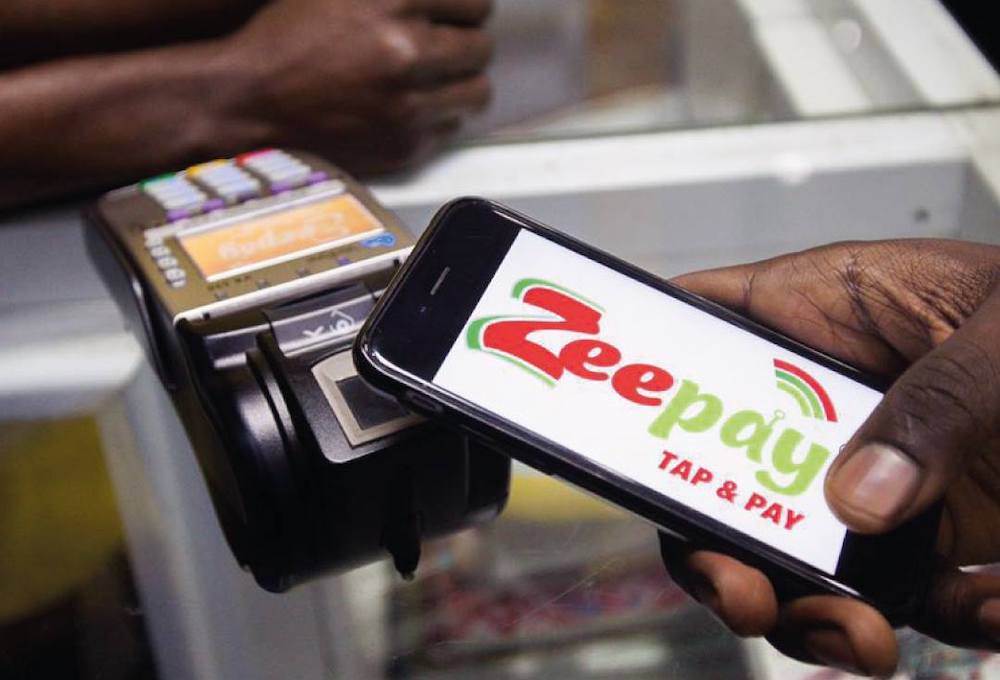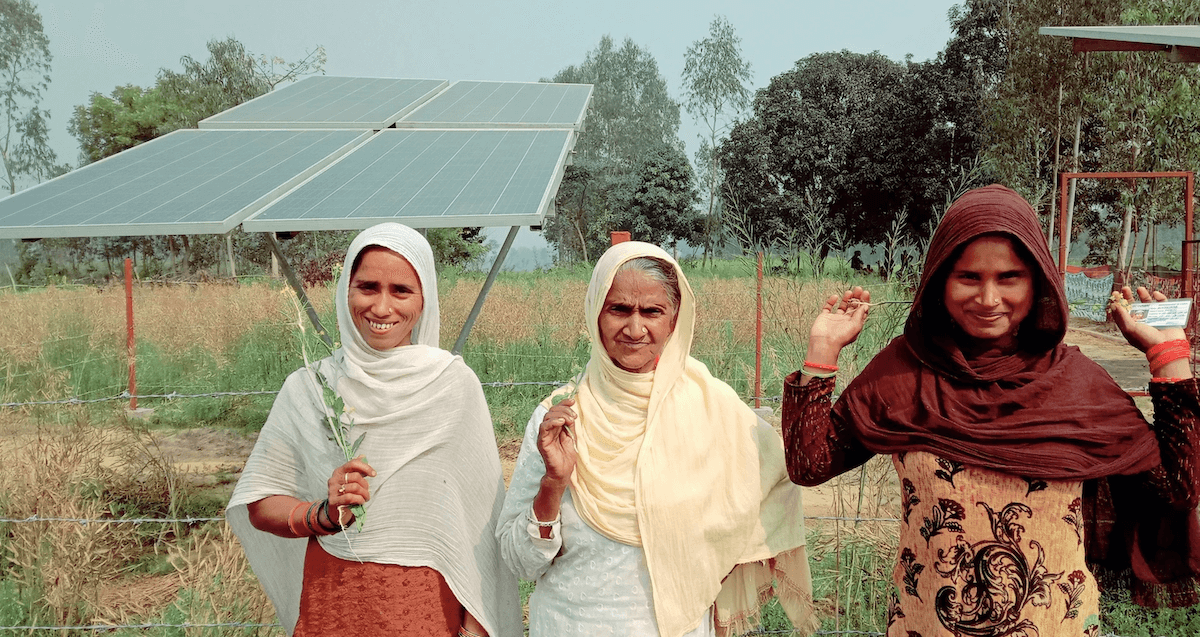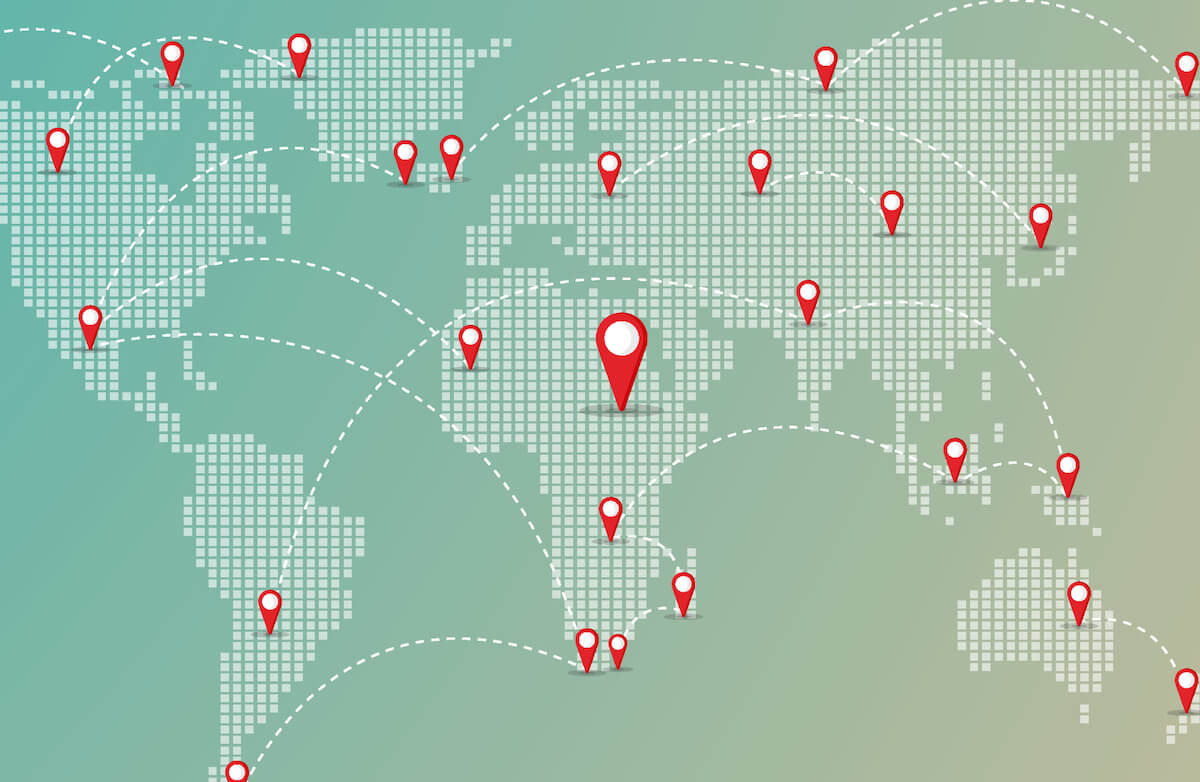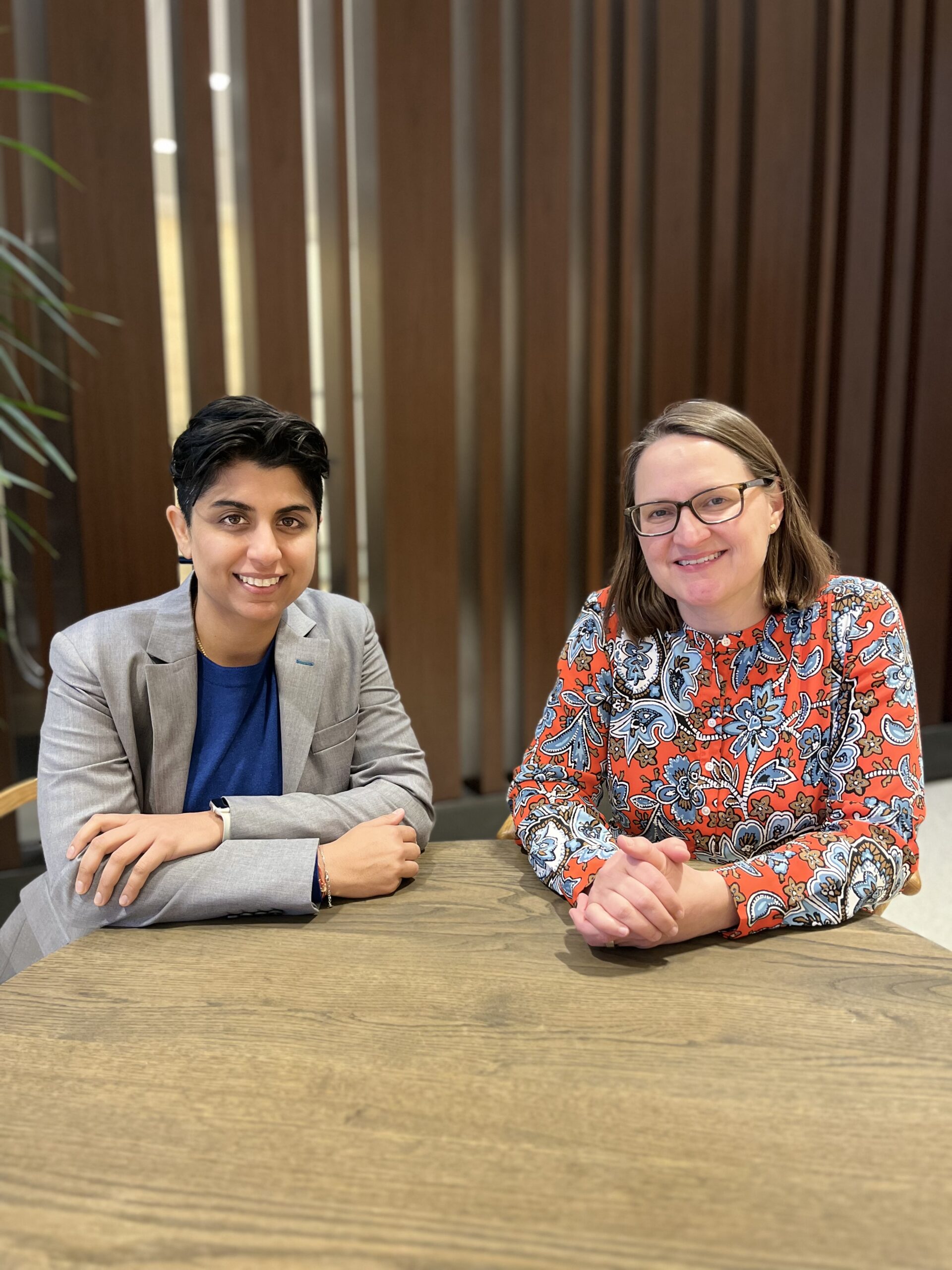ImpactAlpha, July 8 – Small business loans. Digital payments. Free remittances. Venture investors looking for deals in Africa are stocking their pipelines with fintech ventures delivering financial services to underbanked consumers and businesses.
In the first half of 2021, fintech ventures claimed nearly half of the $1.2 billion raised by African startups. Impact investors active in the inclusive fintech boomlet include Accion Venture Lab, Alitheia Capital, Bamboo Capital, Flourish Ventures, FMO Ventures, Investisseurs & Partenaires, Mercy Corps Ventures and Novastar Ventures. And that’s just for July.
African ventures are on pace in 2021 to more than double the capital raised in each of the last two years.
Mobile money
Less than half of Africans have access to financial services, like bank accounts. But more than three-quarters now have access to mobile broadband, putting mobile money and other digital financial services within reach of the majority of the population.
Attracting investors: Nimble, scalable app-based fintechs that can show fast results. Capital-intensive “deep tech startups” and enterprises built on real assets require longer investment timelines.
A red flag: oversaturated markets that can give customers too much access to capital (see, “Investors called to account for fintech lending practices as debt-traps emerge“).
Affordable and inclusive
Impact investors are looking beyond “access to capital” to back ventures offering affordable services and loans using alternative underwriting practices. Already this month, digital small business lenders Lidya and PayHippo in Nigeria have raised investments, as has Ghana-based digital remittances platform Zeepay and Nigeria-based digital payments provider TeamApt.
Also: Europe-based FairMoney, a neobank, and free remittance payments platform Taptap Send closed rounds this month to expand services in Africa.
While equity capital has been plentiful, lower-cost debt capital that inclusive fintechs need to grow has been more scarce (see, “How Lendable parses risks and returns to mobilize capital for inclusive fintech in emerging markets”).
Gender alpha
PayHippo and Zeepay are both women co-led companies. Other women-led fintechs that have secured VC funding this year: Nigeria’s Bankly and Indicina and Kenya’s Lami and Koa.
Women-led ventures in Africa have claimed 14% of venture capital flowing to the continent so far this year—up from 2% last year. Globally, women-led ventures secure less than 3% of venture capital; mixed-gender teams claim about 10%.











